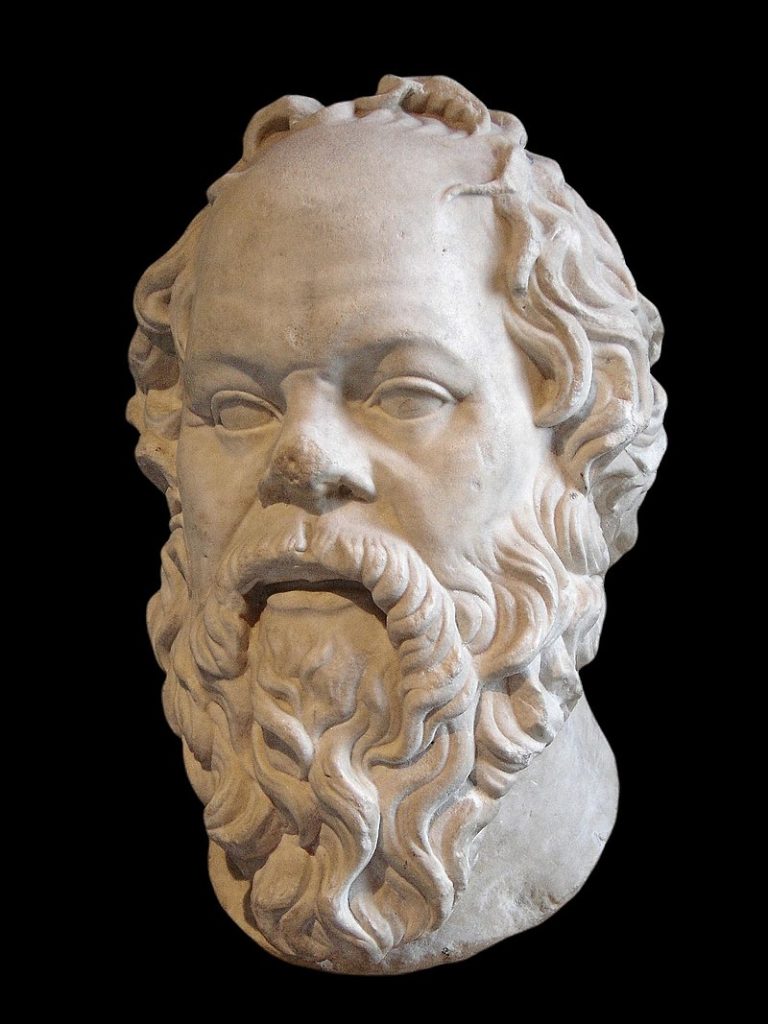
Metanarrative… it’s a word we don’t use in everyday parlance. But what it refers to plays a significant part in human history, psychology and guidance. So what is a metanarrative? A metanarrative refers to a grand, overarching story or ideological narrative that seeks to provide a comprehensive explanation or interpretation of reality, history, or human existence. It goes beyond individual stories and aims to encompass and make sense of a wide range of events, experiences, and beliefs within a particular framework. Metanarratives often address fundamental questions about the nature of existence, the purpose of life, the trajectory of history, and the roles and responsibilities of individuals and societies. They are not confined to a specific cultural, religious, or ideological context, as various metanarratives can be found across different societies and throughout history. Metanarratives typically claim to possess universal or objective truth, offering a sense of meaning, coherence, and guidance for individuals and communities. They often shape people’s identities, values, and actions by providing a lens through which they view and interpret the world. That is what a metanarrative is, dear reader!
Now we roll in Nihilism, which challenges the objective validity of any particular metanarrative and questions the notion of history having an inherent direction or purpose. Nihilism destroys the validity of all metanarratives especially those that state humanity has some purposeful or meaningful goal. All of human history is not building up towards some predestined goal given by supernatural entities or an epicurean version of God who resides within the material universe. These are all human stories whether presented as fiction or claims to factuality.
Those who assert that ‘history is on our side’ often do so with an unwavering confidence that borders on religious devotion. They firmly believe that their cause or ideology is destined to triumph and that the course of history is inevitably leading towards their desired outcome. Whence does this confidence come from? By the bolstering effects of their adoption of a metanarrative, a comprehensive framework that provides them with a sense of purpose and direction. From our nihilistic standpoint however, such claims lead to objections. Nihilism highlights the arbitrary nature of the adopted metanarratives that claim to guarantee a comprehensive framework. It questions the basis on which these narratives are constructed and points out that they are ultimately human creations, influenced by culture, history, and psychology. Rather than being grounded in any inherent truth or objective meaning, metanarratives are shaped by human interpretations and motivations.
Before I go any further I will say this, it is true that any one particular metanarrative can influence individual and collective behaviours to enact real world events—as well reap the consequences. Stories or myths that other people have created are crucial in recruiting other people from the wider society to build and shape the world in its vision. But all that does is provide to those people a system of how to live their lives by shaping their worldview and providing a narrative of progress or inevitable success.
Regardless of the demonstrable usefulness of metanarratives, Nihilism challenges the notion of an objective or predetermined direction in history. It rejects the idea that any particular metanarrative holds the key to unlocking the true meaning or purpose of human existence. All beliefs and values are ultimately subjective and contingent, and that there is no inherent or objective meaning or purpose interwoven within the fabric of the universe. And since they’re only human stories—which are dependent on the conditionality of language—they’re nothing more than that. It’s not God’s story and it’s not the universe’s story. It’s a story by an animal that has attained the capability of transferring information through language as a by-product of evolution.
Reality is often more complex and multifaceted than a single metanarrative can capture, because it offers a linear narrative structure, focusing on a specific causal chain of events or explanations while disregarding the intricacies of the broader network of interactions. This linear focus makes us blind and limits our understanding of the complexity of reality. Notice that metanarratives are selective on what they emphasise, cherry picking on our behalf our understanding of reality and they may downplay or disregard alternative interpretations, and contradictory evidence—in other words, one thing is focused and another is disregarded.
So if you have a belief, whether it be political, religious, or philosophical, your metanarrative would likely promise certain outcomes or benefits. But what happens if those promises fail to deliver? The result is a profound sense of disillusionment and mistrust in the once cherished metanarrative itself. For instance, consider a metanarrative of progress and improvement that guarantees a continuous upward trajectory. When individuals experience significant setbacks or witness persistent problems despite the promise of constant improvement, they may lose faith in the idea of progress and become disillusioned with their expectations. Similarly, a metanarrative of success and achievement may assure individuals that hard work and adherence to certain rules will lead to happiness and fulfilment. However, if they encounter failure or unhappiness despite their efforts, frustration and resentment may take hold. In these scenarios, the metanarrative is challenged or discredited, giving rise to feelings of confusion, anger, and anxiety as individuals grapple with the absence of their once guiding worldview. Take heed and approach the future and the past with a critical and nuanced understanding. Be aware that metanarratives colour (or skewer) your view on reality!

